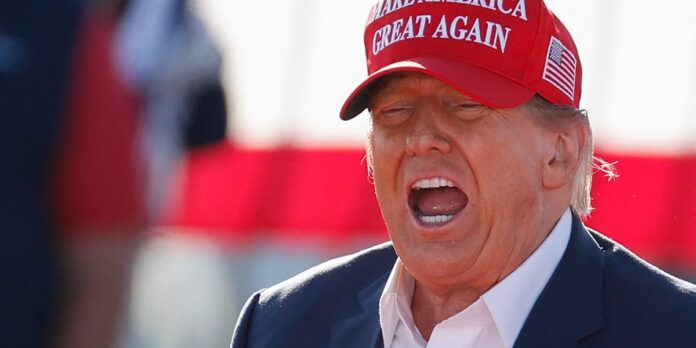Key Falsehoods or Claims:
The main lie in this article is the misrepresentation of a photo that purports to show a “white farmer genocide” in South Africa. The truth is that the image is actually from the Democratic Republic of Congo, not South Africa. This falsehood has been promoted by various right-wing and conspiracy theory outlets.
Source Bias:
TheGrio is a news outlet that focuses on stories and perspectives relevant to the African American community. While it may have a specific focus, it does not have a reputation for promoting misinformation or conspiracy theories. In this case, the outlet is debunking the false claims surrounding the photo.
Impact on Public Opinion and Threat to Democracy:
The spread of this false information about a “white farmer genocide” in South Africa can shape public opinion by stoking fear and resentment. This can also contribute to a climate of racial tension and division. It poses a threat to our democracy by undermining the truth, spreading misinformation, and inflaming societal divisions.
Hypothetical Public Reactions or Political Outcomes:
The promotion of this falsehood may lead to increased support for policies or political figures who espouse xenophobic or racially divisive rhetoric. It could also contribute to a climate where misinformation is seen as truth, leading to a further erosion of trust in institutions and media.
Further Reading:
For further reading on the topic of media influence and misinformation studies, reputable sources such as the Harvard Kennedy School’s Shorenstein Center on Media, Politics, and Public Policy, and the Poynter Institute for Media Studies provide valuable insights into these issues. Additionally, academic journals such as the Journal of Communication and Communication Research offer in-depth research on the impact of media on public opinion and democracy.
Source link
Redirect URL
